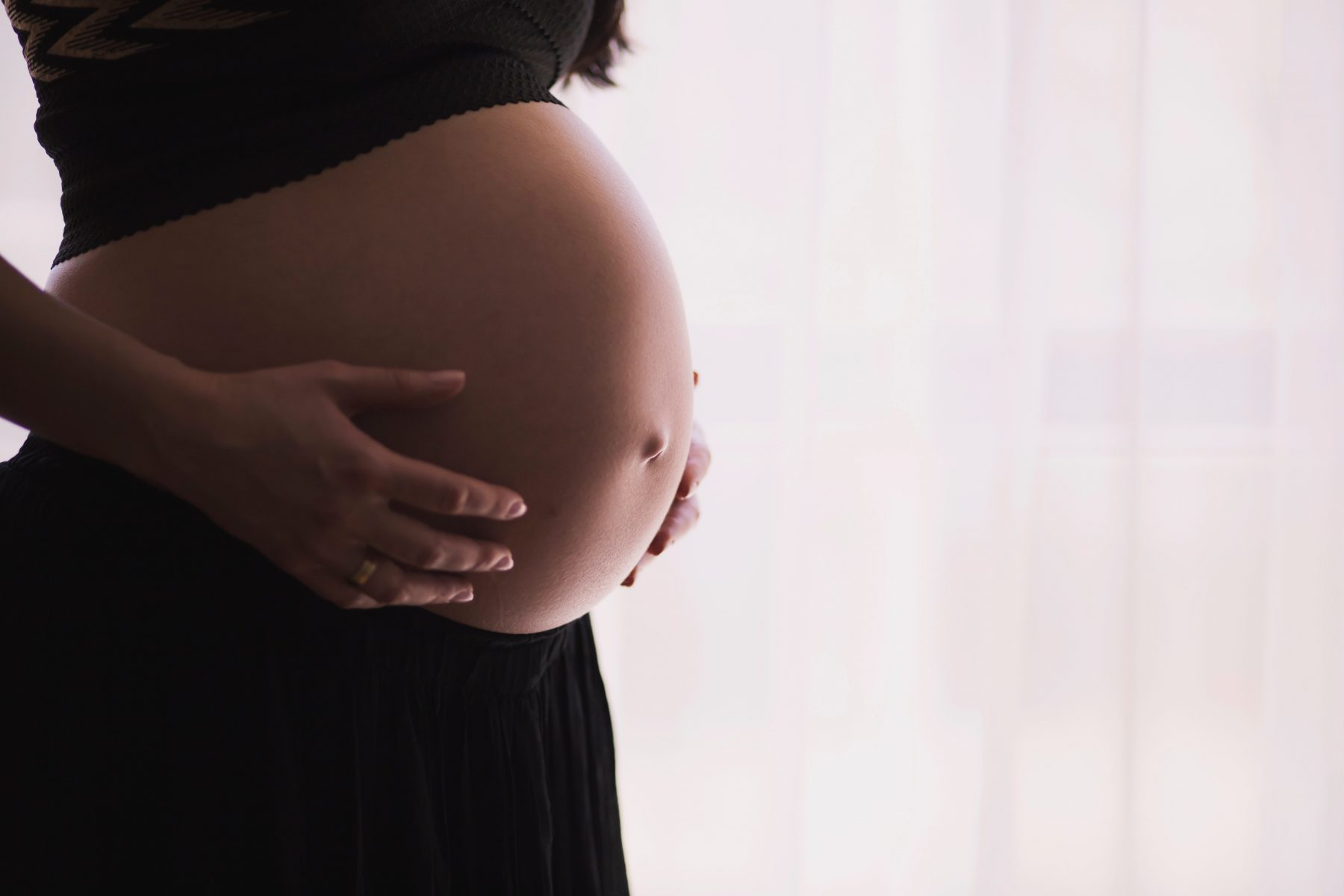
3 Minutes
CONTENTS
What is Postpartum Depression
Giving life to a new soul is sometimes compared to a miracle. The long journey a woman has to go through to give birth is exhausting; both mentally and physically. The human body embraces the changes it has to go through in order to conceive but it does so with several side effects. A lot of new moms experience Postpartum Depression upon being physically separated from their child. It’s a very common mental issue that affects the well-being of a birth-giver.
“There is love in holding and there is love in letting go.” ―Elizabeth Berg
Along with the medical problems that may arise, giving birth can also cause PPD. So what is PPD, how does it appear, and how to deal with it?

Postpartum Depression Meaning and Definition
The Women Health Organization defines “Postpartum depression” as the sadness or depression that comes after birth. “Postpartum” means after birth and most women feel sad or empty after giving birth. It is regular to feel like that for a few days, but if it lasts, then it’s more likely that you have PPD.
A CDC study shows that about 1 in 10 women in the US struggle with major depression and about 1 in 8 women have PPD. A Pregnancy Risk Assessment Monitoring System is the tool used to assess the number of women experiencing the symptoms.
The National Institute of Mental Health differentiates between PPD and Perinatal Depression. Although both are certain types of depression, Perinatal Depression refers to the depression that begins during pregnancy. Should it last, it will develop into PPD.
What Causes Postpartum Depression
The American College of Obstetricians and Gynecologists lists these common factors as causes:
- Hormone levels: the levels of estrogen and progesterone decrease sharply after birth. And because the drop is too sudden and too low, it can trigger depression
- Previous mental health illnesses such as depression before pregnancy
- Emotional and personal factors and the adjustment post giving birth
- Lifestyle and environmental factors such as events that cause stress and burnout, family illness…
Harvard Health sheds light on the factors that may increase the probability of developing PPD. Having a troubled marriage, a very supportive entourage, and difficulty with caring for the child all add to the ongoing stress.
Postpartum Depression Symptoms and Signs
Since PPD is a type of depression, the symptoms are similar but different in their context. The American Psychological Association recognizes the following feelings or happenstances after giving birth:
- Loss of pleasure in the things you enjoy
- Sadness, uncontrollable crying
- Anxiety or panic attacks
- Sleeping disorders: not sleeping or sleeping too much
The Center for Addiction and Mental Health adds to that the changes in weight whether it’s raining or losing weight, excessive feelings of guilt, inability to concentrate, and recurrent thoughts of death about oneself or the baby.
Postpartum Depression in men and women
The Women’s Mental Health Organization recognizes the devastating impact on the experience of being a mother and then raising the child. Stress and depression will interfere with everyday life and prohibit the normal actions and then the child’s experience.
An article shared by the New York Times warns against extreme anger outbursts or thoughts of death that might lead to harm the child or surrounding people. Women with PPD might feel the urge to harm themselves or cannot seem to care well for the child. In the case that happens, immediate help should be sought.
Postpartum Depression Treatment
The National Health Services suggests psychological therapy and consulting a professional. They might refer you for a certain treatment method or cognitive behavioral therapy for instance. Antidepressants might also be suggested, according to your doctor.
How Common Is Postpartum Depression?
The Association for Pre and Postnatal Depression Advice and Support advises seeking help immediately to avoid dangers. You are never alone and you can get help as soon as you ask for it.
At the BALANCE Luxury Rehab Center, our main priority is you. We understand all your concerns and goals and plan accordingly. We know how PPD can affect you both physically and mentally and we aim to develop a treatment plan that will last you a lifetime. With our team of professionals and experts, you’ll feel your journey going very smoothly. We will provide you with the best experience and we are ready to welcome you within our centers.
A UNIQUE METHOD
a successful and proven concept focusing on underlying causesLASTING APPROACH
0 Before
Send Admission Request
0 Before
Define Treatment Goals
1 week
Assessments & Detox
1-4 week
Psychological & Holistic Therapy
4 week
Family Therapy
5-8 week
Aftercare
12+ week
Refresher Visit
Depression Insights
latest news & research on DepressionBest Depression Treatment Centers
The treatment facilities have a team of experienced mental health professionals in diagnosing and treating depression
read moreWhat Triggers Depression
read moreDepression Test
read morePostpartum Blues vs. Depression
It is crucial to learn the difference between postpartum blues vs. depression, as the latter can be tough to manage and requires medical help.
read more

























































